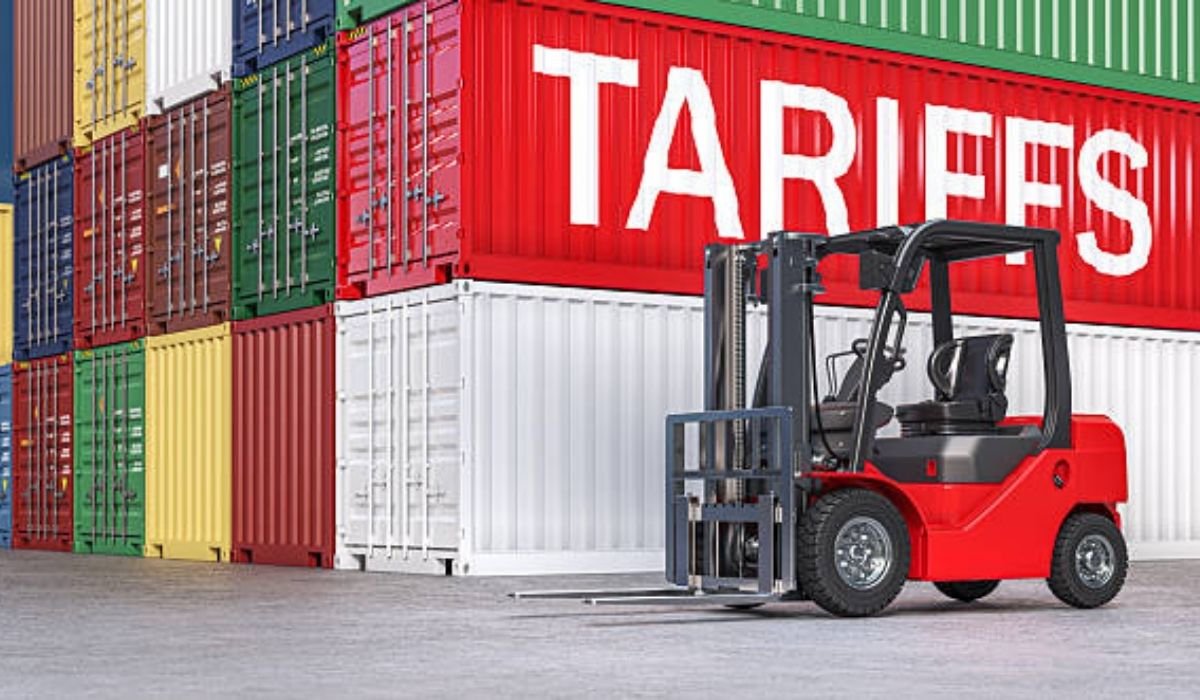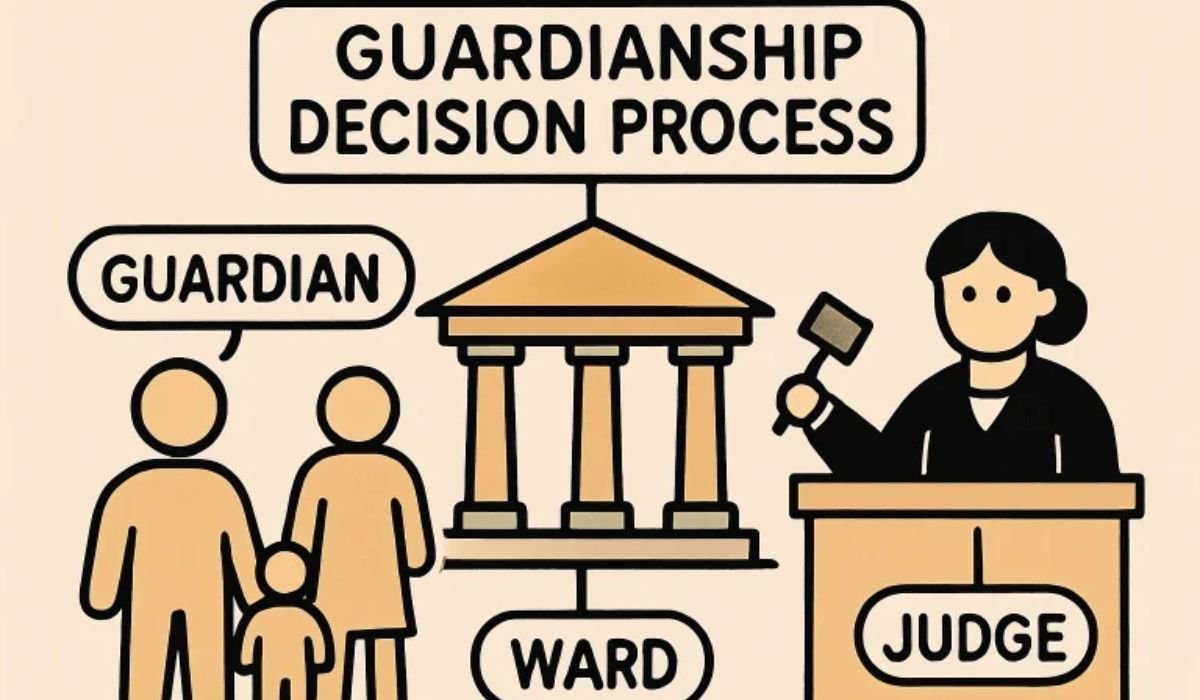Imagine this: You discover a promising health supplement brand. Friends rave about the products, and the company offers a compelling opportunity: not just buy, but sell and earn significant income. Sounds ideal, right? But what if the entire structure of that business opportunity rested on shaky, even illegal, ground? That’s the explosive question at the heart of the Isotonix lawsuit, where the core accusation isn’t about the products themselves, but about the very blueprint of its parent company’s distributor pay plan. Dive in as we unravel the complex legal battle alleging this popular brand operates as an illegal pyramid scheme.
The Core Allegation: Pyramid Scheme or Legitimate MLM?
Central to the Isotonix lawsuit is a single, powerful claim: the compensation structure used by its parent company, Market America (also known as SHOP.COM), constitutes an illegal pyramid scheme. This isn’t a minor dispute; it’s the fundamental lens through which courts and regulators are examining the entire operation.
- What’s a Pyramid Scheme? Think of it like a house of cards built on recruitment. Legitimate multi-level marketing (MLM) companies primarily generate revenue from selling products to end consumers. Pyramid schemes, however, primarily make money by recruiting new participants who pay fees or buy large amounts of inventory just to join or advance. The focus shifts dramatically from selling actual products to recruiting an endless chain of new distributors. Crucially, these schemes are unsustainable – mathematically, only those at the very top profit significantly, while the vast majority at the bottom lose money.
- The Accusations Against Market America/Isotonix: Plaintiffs and regulators argue that Market America’s compensation plan incentivizes recruitment far more than retail sales. Key points include:
- Heavy Focus on Recruitment Bonuses: Does the plan reward signing up new distributors significantly more than selling products to non-participating customers?
- Inventory Loading Pressure: Are distributors pressured or incentivized to buy large volumes of inventory themselves (often non-refundable) to qualify for commissions or higher ranks, regardless of actual consumer demand?
- High Attrition Rates: Do a large percentage of distributors lose money or drop out quickly, a classic hallmark of unsustainable pyramid structures?
- Profit Source: Is the company’s revenue primarily driven by sales to distributors (internal consumption) rather than sales through distributors to genuine retail customers?
How Pyramid Schemes Differ from Legal MLMs (And Why It Matters)
It’s easy to confuse pyramid schemes with legitimate MLMs. Both involve networks of distributors. The critical difference lies in the primary revenue source.
| Feature | Legitimate MLM | Illegal Pyramid Scheme |
|---|---|---|
| Primary Revenue | Sales of products to end consumers | Recruitment fees & sales to recruits |
| Profit Focus | Selling usable products | Recruiting new participants |
| Inventory Pressure | Low; emphasis on customer sales | High; buying required for rank/income |
| Sustainability | Possible with genuine product demand | Mathematically impossible; collapses |
| Who Profits? | Top sellers & recruiters (ideally balanced) | Only the very earliest participants |
Chart: The fundamental differences between legal MLM structures and illegal pyramid schemes. The Isotonix lawsuit hinges on which category Market America’s plan falls into.
Also Read: Understanding Reclaim247: Advocating for Financial Justice
The Company’s Defense and Legal Landscape
Market America vigorously denies the pyramid scheme allegations. Their defense typically centers on:
- Product Value: Emphasizing the quality, demand, and legitimacy of Isotonix and their other product lines. They argue real products with real value are being sold.
- Retail Sales: Pointing to policies or examples demonstrating that retail sales to non-distributors are possible and encouraged.
- Compensation Plan Nuance: Arguing their plan does reward retail sales and that the focus on recruitment is misinterpreted or overstated. They may highlight aspects designed to promote actual product movement.
- Compliance: Stating adherence to industry regulations and direct selling association guidelines.
This isn’t happening in a vacuum. Regulatory bodies like the Federal Trade Commission (FTC) have a long history of scrutinizing MLM practices and shutting down pyramid schemes. Past cases involving companies like Herbalife, Vemma, and BurnLounge set important precedents. The outcome of the Isotonix lawsuit could have significant ripple effects across the entire direct selling industry.
What Does This Mean for Consumers and Distributors?
If you’re an Isotonix customer or considering becoming a Market America distributor, these lawsuits raise important questions:
- For Consumers: The lawsuit isn’t primarily about product safety or efficacy. You can likely still purchase Isotonix supplements. However, the controversy surrounding the business model is worth being aware of, especially if purchasing from a distributor who emphasizes the business opportunity over the product benefits.
- For Current or Potential Distributors: This is crucial. Understand the risks:
- Financial Risk: Pyramid schemes inevitably lead to losses for the vast majority of participants. Research the company’s income disclosure statement (if available) – it often shows a small percentage earning significant income while most earn little or nothing, or even lose money after expenses.
- Recruitment Pressure: Be wary if the emphasis shifts heavily from selling products to recruiting your friends and family. Ask: “Where does the money really come from?”
- Inventory Requirements: Significant upfront purchases or monthly volume requirements to qualify for commissions are major red flags.
Spotting Red Flags: Protect Yourself
Whether considering Isotonix or any MLM opportunity, arm yourself with knowledge. Watch out for:
- “Get Rich Quick” Promises: Legitimate businesses require hard work and time. Exaggerated income claims are a huge warning sign.
- High Startup Costs/Fees: Large upfront fees to join or purchase mandatory inventory packs are problematic.
- Emphasis on Recruitment Over Sales: If the primary pitch is about building a downline rather than selling a product you believe in, be cautious.
- Complex Compensation Plans: If you can’t easily understand how you earn money primarily from retail sales, it might be designed to obscure a pyramid structure.
- Pressure to Buy More Than You Can Sell: Needing to buy inventory monthly to qualify for bonuses, regardless of actual sales, is a classic trap.
3 Actionable Steps to Take Today
- Demand the Income Disclosure Statement (IDS): Every legitimate MLM should provide this. It shows the actual earnings of distributors at different levels. Scrutinize it – what percentage make a profit? What’s the median income?
- Ask “Who Buys the Product?”: Grill the recruiter. What percentage of sales are to people outside the distributor network (real retail customers)? How is retail sales volume tracked and rewarded? Vague answers are a red flag.
- Research Regulatory History: Check the FTC website and search “[Company Name] lawsuit” or “[Company Name] FTC.” Has the company or its leaders faced similar allegations before?
The Road Ahead for Isotonix
The Isotonix lawsuit represents a critical juncture. As the legal process unfolds – through potential settlements, court rulings, or regulatory actions – the core question remains: Is this a legitimate business model built on product sales, or an unsustainable pyramid reliant on endless recruitment? The answer will have profound implications for Market America, its distributors, and the broader direct selling landscape.
This case underscores the vital importance of transparency and sustainable business practices in the MLM world. Consumers and potential distributors deserve clear information to make informed choices and avoid financial pitfalls. Stay tuned as this significant legal battle continues to develop.
Have you encountered Isotonix or Market America’s business opportunity? What were your experiences or concerns? Share your thoughts below!
Meta Description: Unpacking the Isotonix lawsuit: Core allegations claim Market America’s distributor plan is an illegal pyramid scheme. Learn the facts, red flags, & consumer impact.
You May Also Read: Ensuring Fairness in the Legal System: The Critical Role of Bail Bonds
FAQs
Is Isotonix being sued? Yes, but the lawsuits primarily target its parent company, Market America (SHOP.COM), alleging their distributor compensation plan is an illegal pyramid scheme. The Isotonix brand is central because it’s a major product line sold through this plan.
What is the main allegation in the lawsuit? The central allegation is that Market America operates as a pyramid scheme, where distributors earn money primarily by recruiting others rather than from retail sales of products to genuine customers.
Are Isotonix products safe? The lawsuits focus on the business model, not the safety or efficacy of the Isotonix supplements themselves. Concerns raised are about the distributor compensation structure.
Can I still buy Isotonix products? Generally, yes. The ongoing lawsuit doesn’t typically force the company to stop selling products immediately. However, consumers should be aware of the controversy surrounding the parent company’s practices.
Should I become a Market America distributor? This lawsuit highlights significant risks. Potential distributors should thoroughly research the company, scrutinize the Income Disclosure Statement, understand how compensation is truly earned (retail vs. recruitment), and be acutely aware of the high failure rate common in MLMs facing pyramid scheme allegations. Proceed with extreme caution.
What happens if the company loses the lawsuit? Potential outcomes include the company being forced to change its compensation plan significantly, paying substantial fines or restitution to distributors who lost money, or even being shut down by regulators.
Where can I find Market America’s Income Disclosure Statement? Legitimate MLMs are required to provide this to potential recruits upon request. You should be able to ask your recruiter for it or find it on the company’s official website (often in the legal or compliance section). Analyze it critically.











